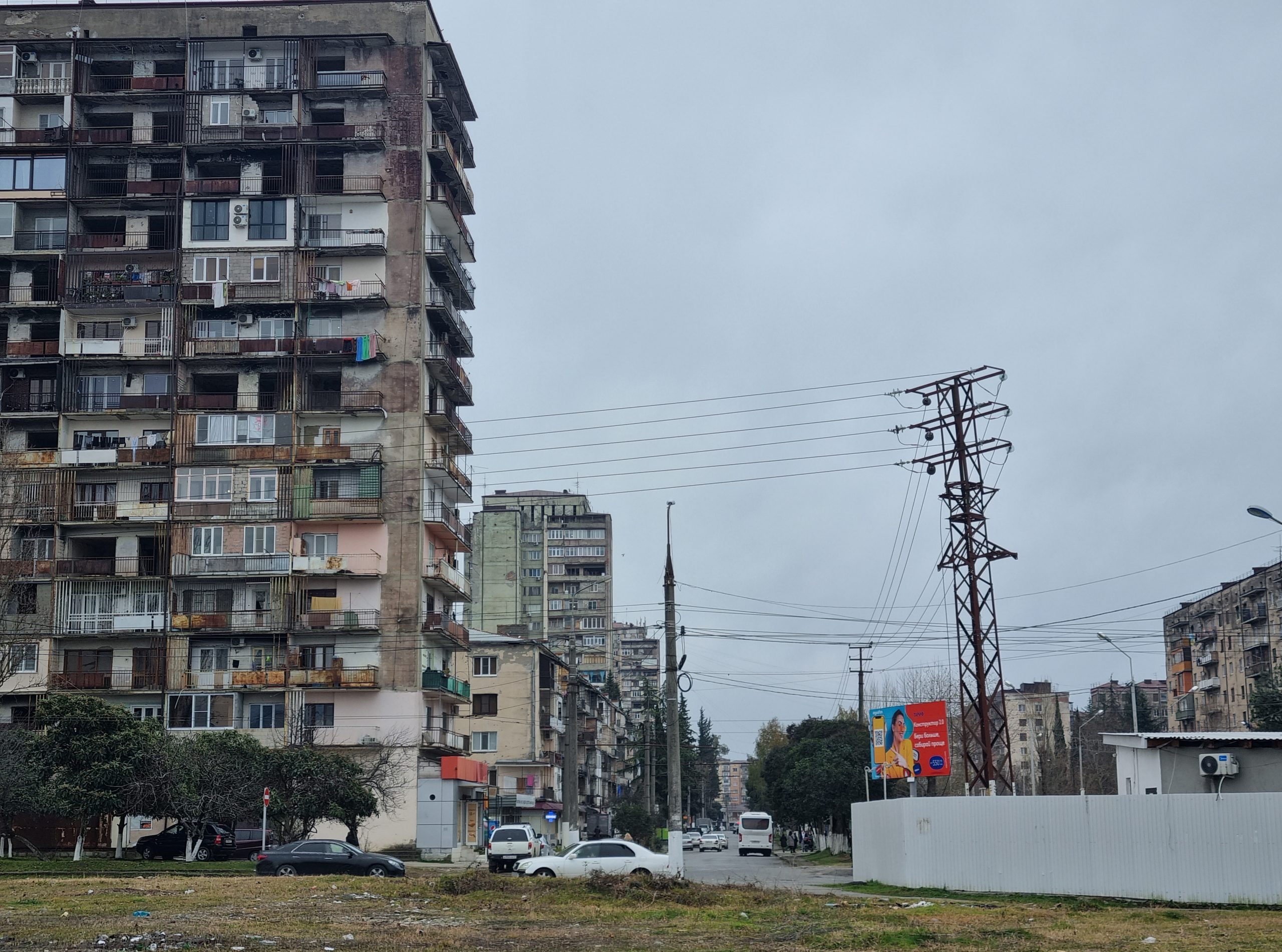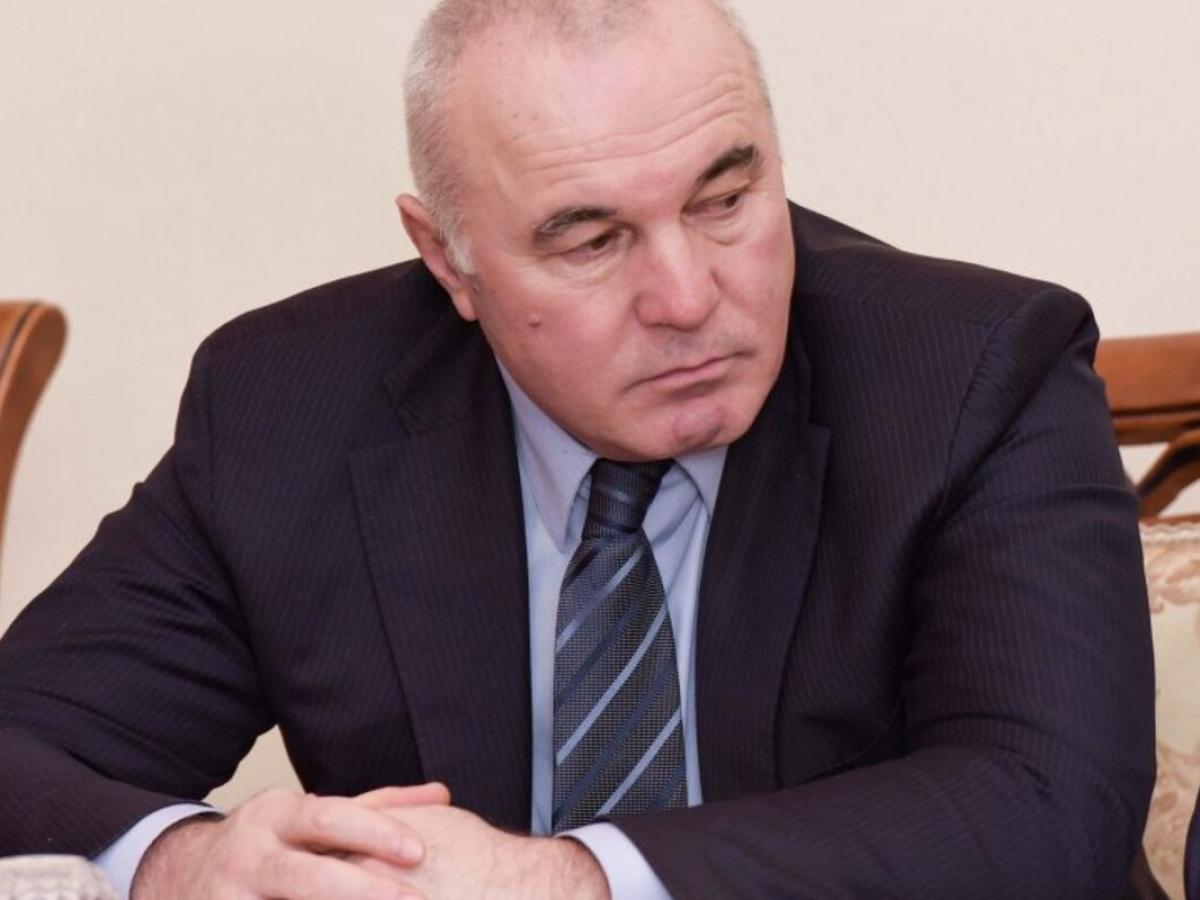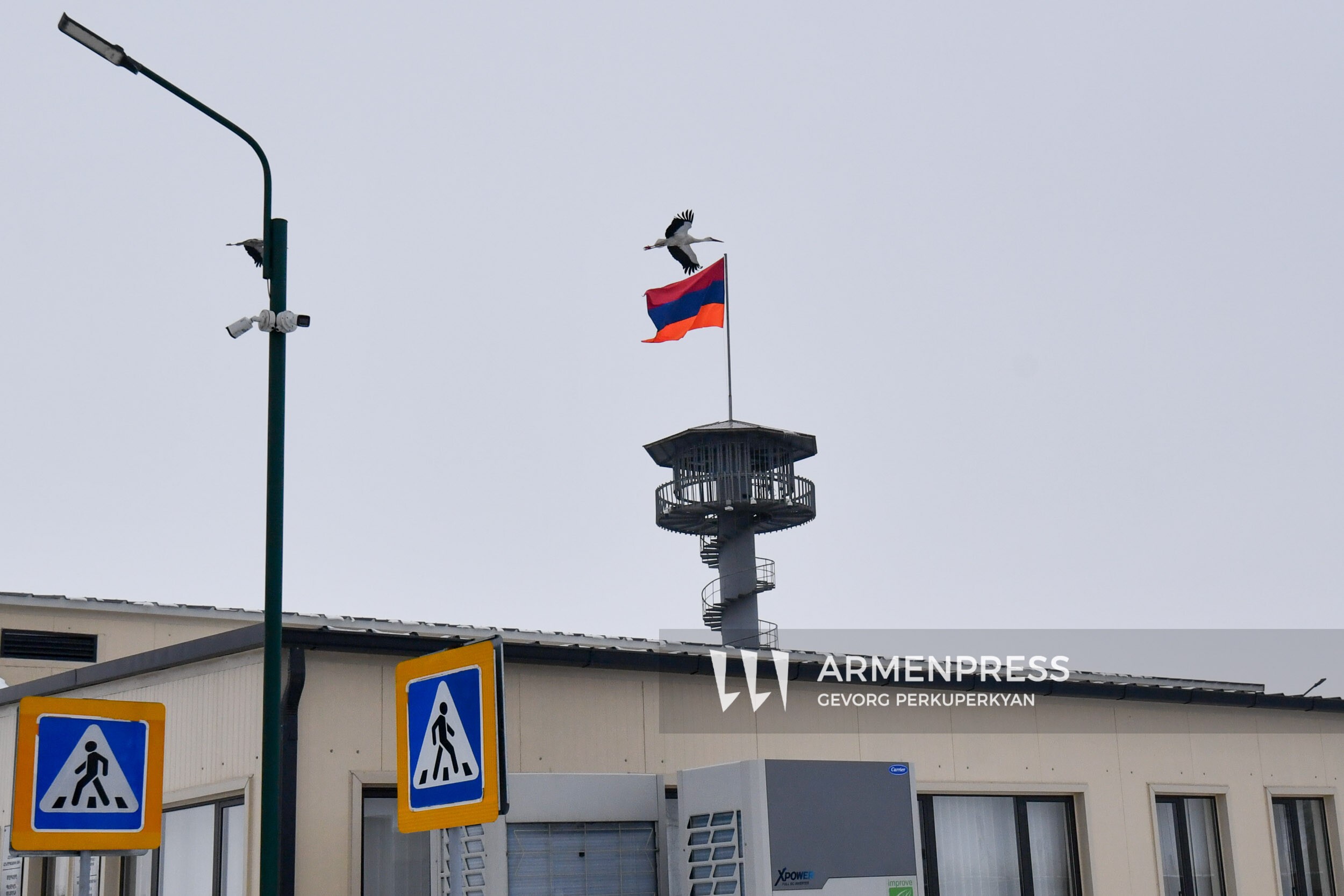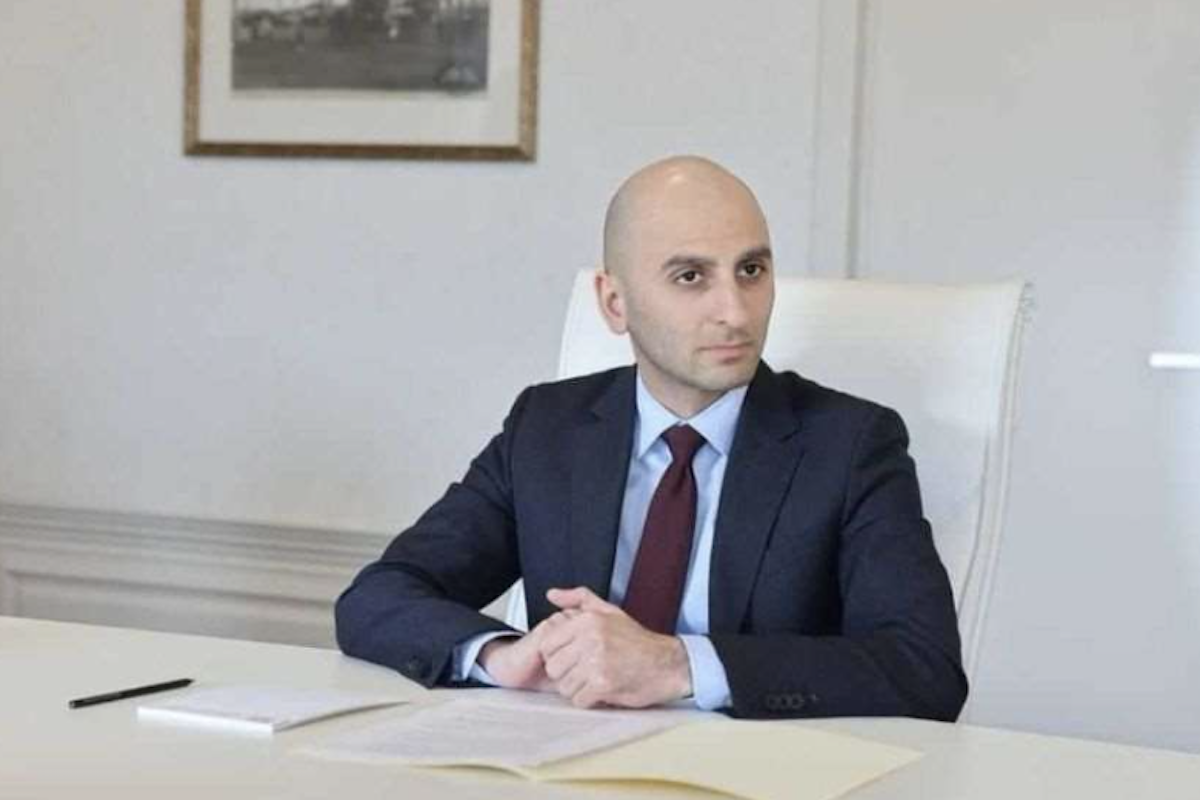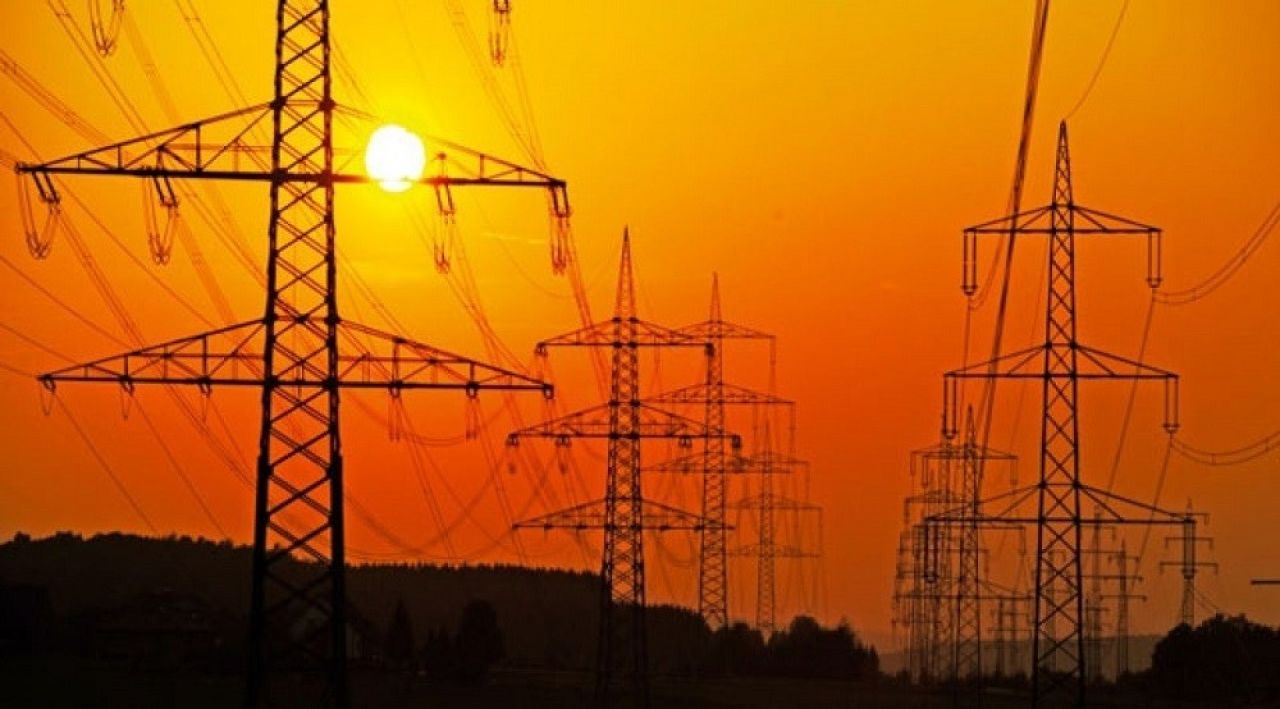Abkhazia's "crypto curse:" Why mining remains unbeatable
Mining in Abkhazia
Every winter, Abkhazia faces the same problem – a severe electricity shortage. The water level at the Inguri Hydro Power Plant drops, energy production declines, and a power deficit emerges. Half of this deficit is tied to cryptocurrency mining.
Yet, all attempts by the government to eliminate or at least control mining in Abkhazia have so far been unsuccessful. Here’s why.
A balcony with a surprise
In a residential area of Sukhumi, there is an ordinary nine-story panel building. On the balcony, inside a protective casing, hums a device resembling a computer’s system unit. It’s a cryptocurrency mining machine. Beslan (name changed) bought it in the summer of 2024 for 150,000 rubles ($1,500). At the time, Bitcoin was showing steady growth, there were no power supply issues in Abkhazia, and Beslan decided to try mining.
“It’s not the most powerful machine, but it was supposed to pay for itself in six months and start generating profit after that. But that’s assuming there’s electricity. I didn’t think we’d have power problems again. The situation seemed stable. It seemed like the authorities had everything under control. But I was wrong,” Beslan says.
In the fall, serious power outages began. But when the authorities called on miners to stop, in an effort to reduce electricity consumption, Beslan didn’t turn off his machine, convincing himself that it consumed no more energy than an oil heater.

“I just didn’t turn on one of the heaters we have at home. My machine uses only 3.5 kilowatts. If I had turned off the miner but left the oil heater on, the overall situation with the power grid wouldn’t have changed,” says the unlucky miner.
But one day, while Beslan was at work, the police came to his apartment. Beslan’s mother opened the door and couldn’t stop the officers from entering and discovering the illegal equipment on the balcony. The machine was confiscated, an administrative violation report was filed against Beslan, and his home was filmed and shown on television in a crime news segment.
Miners outsmart the law
To combat crypto mining in Abkhazia, optimize household electricity consumption through rolling blackouts, and find funds to purchase electricity from Russia, a special Energy Security Headquarters was created. It includes the ministers of energy, internal affairs, and finance, a representative from the State Security Service, Customs Committee, Energy Supervision, and Chernomorenergo. This organization also conducts raids on apartments and private homes.
About once every two weeks, the headquarters meets to cross-check data. Currently, acting Prime Minister of Abkhazia Valeri Bganba has instructed the Ministry of Energy to develop a legal framework that would allow criminal penalties to be applied to all miners.
Criminal liability for crypto mining in Abkhazia is currently only applied if a crypto farm consumes more than 300 kilowatt-hours. However, according to Minister of Internal Affairs Robert Kiut, as soon as a farm of that size is discovered, it has not one, but several owners, with the power divided among them, resulting in only administrative penalties. Therefore, Kiut proposes introducing criminal liability for connecting to the power grid.
“The owner or tenant of the property where the miners are installed should be held criminally responsible,” he believes.
However, as the head of the Customs Committee of Abkhazia, Otar Khetsia, asserts, no legal acts recorded on paper will be effective without the determination to enforce them.
“We don’t catch or prosecute murderers, so what can be said about miners?” Khetsia remarks skeptically.
He believes the most effective method is the confiscation and destruction of all discovered devices.
Confiscated mining equipment is stored in the Energy Supervision warehouse. Its employees say there’s no more room to store the machines, but there is no law allowing for their destruction.
“Only by court order can we burn these machines,” explains one of the Energy Supervision employees.
- Large crypto-mining farm discovered in Abkhazia; owner said to be “influential person”
- Abkhazia toughens fight against cryptomining
A fatal dispute
In fact, the problem began several years ago when the government of Abkhazia legalized mining, and, realizing it was a bad idea, was unable to reverse the decision.
So far, the law that would fully ban mining has only passed the first reading, and to date, liability only applies to illegal connections to the Chernomorenergo power grid. This means that those who use separate generating capacities at small hydroelectric plants can mine freely.
The bill has yet to undergo a second reading in parliament. The previous attempt to discuss it at a committee meeting ended in tragedy—fierce mining opponent and parliamentarian Adgur Kharazia shot and killed his colleague Vakhang Golandzia and injured another lawmaker, Kan Kvarchia.
Eyewitnesses report that the argument, which ended in gunfire and murder, erupted over whether to completely ban mining in Abkhazia or to allow cryptocurrency mining at small hydroelectric plants.
How many kilowatts are left until dimsday?
At the moment, Abkhazia is surviving on “humanitarian electricity aid” from Russia. The Abkhazian Cabinet of Ministers managed to secure 327 million kilowatt-hours of free electricity from the Russian Ministry of Energy. But this doesn’t cover the power deficit, and according to Timur Djinjolia, head of Chernomorenergo, even with six-hour rolling blackouts, the electricity supply will last until about February 18.
By that time, the Inguri Hydro Power Plant will still not be ready to supply power to all of Abkhazia. This means that without additional supplies, the republic could once again face near-total power outages, as it did in December 2024. At the same time, free electricity supplies are no longer expected, and there is no money for paid supplies.
Meanwhile, energy experts warn that even if mining is completely eradicated in Abkhazia, the region still won’t return to stable power supply during the cold season, as household and industrial consumption make up the other half of the deficit.
The terms, place names, opinions, and ideas in this publication do not necessarily reflect the views and ideas of JAMnews or its individual staff members. JAMnews reserves the right to delete comments on publications that are deemed offensive, threatening, incite violence, or ethically unacceptable for any other reason.
Mining in Abkhazia










